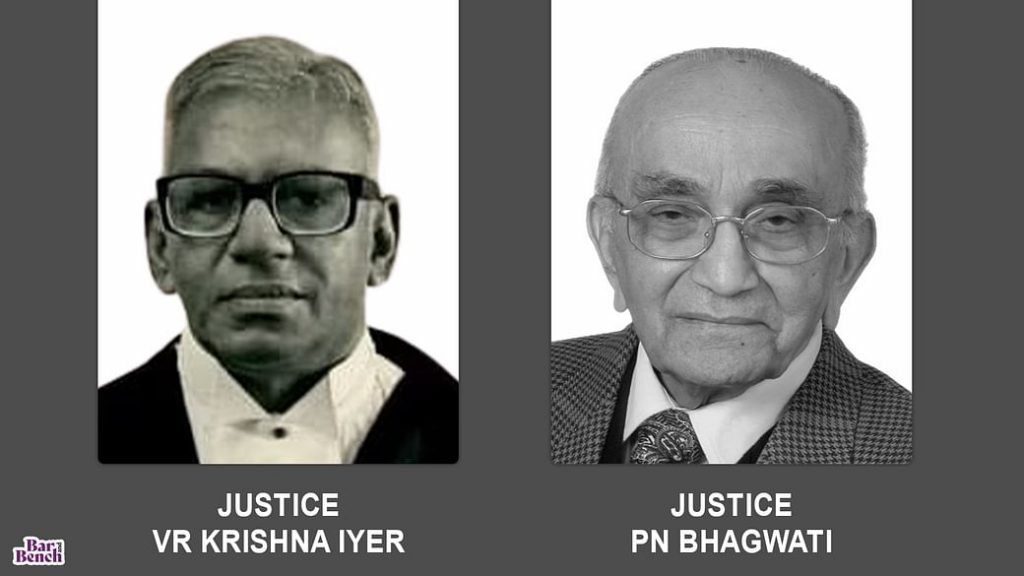Inflicting death penalty upon a person convicted of a serious crime is called ‘capital punishment’ and for centuries, death penalty was used without much thought for justification. It was simply accepted as a method of dealing with a tough person. There was a total lack of respect for human life.
However, after Independence there has been a constant debate about the relevancy of Capital punishment. Indian Penal code still recognize capital punishment under eight sections namely section 121, 132, 194, 302, 305, 307, and 396 for different offences.
In India capital punishment is awarded on the basis of doctrine of ‘rarest rare’ which was first articulated in 1980 in the Bachan Singh case. In 2008 in Prajeet Kumar Singh vs State of Bihar the apex court explained as to what would be considered as rarest of rare. Court said that a death sentence would be awarded only, “when a murder is committed in an extremely brutal, grotesque, diabolical, revolting or dastardly manner so as to arouse intense and extreme indignation of the community”.
I Want To Become Good Better Best In Life
As this doctrine has not been precisely defined consequently, the controversy to this doctrine arises each time the Court awards death penalty and the debates go on and on. And there have been number of cases in which the crime is same but the punishment differs. There are judgments in which the accused has committed either rape or murder and has been awarded death penalty but also there are cases in which the accused has committed both rape as well as murder but then also he has not been awarded death penalty and this only adds fuel to the fire and the underlying controversy as to what exactly is the basis on which capital punishment is awarded keeps on smoldering.
However, to mitigate the situation, time and again, Supreme Court has categorically held that life imprisonment is the rule and death penalty is the exception and even when the crime is heinous or brutal, it may not still fall under the category of rarest of rare.
Thus, majoritarian judicial wisdom in India advocates a retentionist’s argument towards death penalty. And according to them in India the imparting of death penalty is associated deeply with the idea of doing justice.
Justice Krishna Iyer, former judge of Supreme Court, was of the opinion that capital punishment must be abolished because in his understanding it was a crime against criminals. He has said: “The flag of human should be hung half-mast everyday a human being is hanged.”
Justice P. Bhagwati, former Chief Justice of India, is of the opinion that capital punishment must be abolished because it gives arbitrary discretionary powers to the courts.

To conclude, it would be apt to quote Honorable Justice Kurian Joseph here -“Till the time death penalty exists in the statute books, the burden to be satisfied by the Judge in awarding this punishment must be high. The irrevocable nature of the sentence and the fact that the death row convicts are, for that period, hanging between life and death are to be duly considered. Every death penalty case before the court deals with a human life that enjoys certain constitutional protections and if life is to be taken away, then the process must adhere to the strictest and highest constitutional standards. Our conscience as judges, which is guided by constitutional principles, cannot allow anything less than that.”






